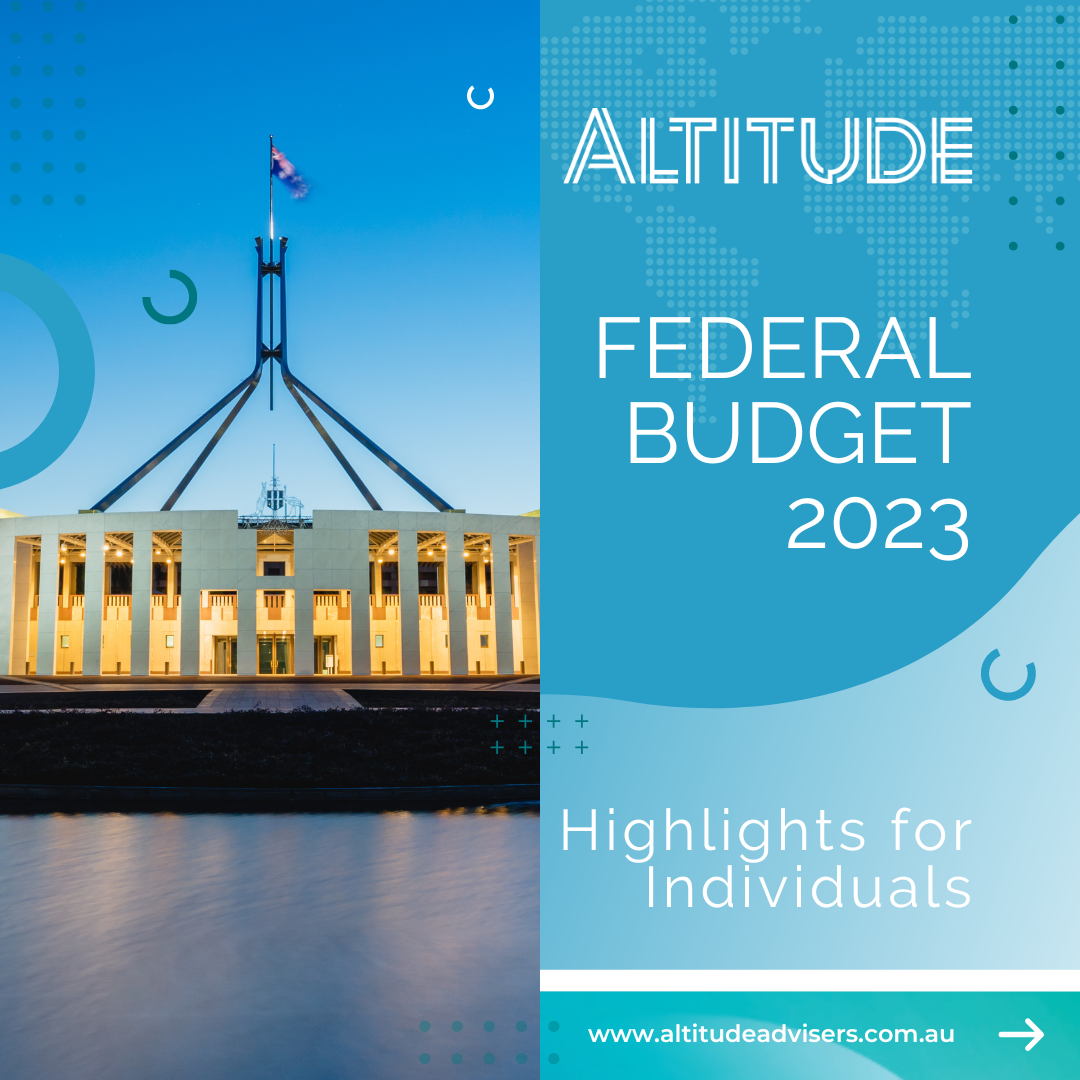
The 2023 Australian Federal Budget has been released, and although there were no surprises in this tame budget, it brings with it some exciting updates. Here is a breakdown of what you need to know:
A Quick Overview
After 15 years, Australia has finally achieved a surplus, albeit this comes from the government sitting on one of the biggest tax revenues since the Howard era and not purely their budgeting prowess. Strong employment led to higher individual taxes, while high commodities led to higher corporate taxes. With this looking to settle after this year, the following years are forecasted to go back into deficit.
As part of this budget, Dr Chalmers and the Labor government, had to walk a fine line between helping to ease the cost of living while not fueling inflation further. This budget does look to do that well. They have targeted the essentials; such as energy bills, healthcare, and welfare. And also allowed primarily those doing it the hardest to reap as much of the benefit as possible, with an emphasis on low-income earners, pensioners and welfare recipients.
Overall, the Australian economy is projected to grow by 3.25% in 2023, with a forecast of economic growth to 1.50% June 2025. Unemployment is expected to gradually increase from the current 3.50% to 4.25% next year.
Reduction in Energy Bill
One of the main highlights of the budget is the reduction in energy bills. Those holding concession cards, including pensioners, commonwealth senior health cards, and family tax benefit recipients, will receive up to $500 off their energy bill. This is intended to be a once-off payment directly to the energy provider and passed on to the customer as a rebate, so individuals won’t receive the money themselves.
Healthcare
The government is looking to reverse the decline in bulk billing providers by tripling incentives for GPs. However, this coverage only extends to pensioners, low-income earners, and children under 16. The budget also aims to make prescription medication cheaper for those who need it regularly, by allowing pharmacies to dispense it in 60-day amounts.
Other Notable Changes
The Fringe Benefits Tax (FBT) exemption for electric vehicles (EVs) now has an end date of 31 March 2025. Any arrangement entered before this date looks like it will continue to be exempt for the length of the lease.
No surprise, the government has kept the announcement to tax super balances over $3m. Under the new rules, individuals with a total super balance exceeding $3 million will pay an additional 15% tax on the earnings and potentially unrealised gains from their retirement savings over that threshold.
The most significant opportunities come from what wasn’t announced.
The government didn’t change the stage 3 tax cuts to individual tax rates, meaning at this point in time it is still going through. However, given the amount of money this will cost the government from 1 July 2024 onwards, there is still potential for this to be overturned.
They also made no mention of the double indexation of the transfer balance cap, which means the amount able to be transferred into super will increase from $1.7m to $1.9m.
There were no comments on extending the halving of minimum pension payments, and means we will likely revert to the standard rates of pre-COVID. Retirees who have adjusted their retirement plans to accommodate the reduced minimum payments will need to reassess their plans and possibly change their retirement income strategies.
There was no mention of the SMSF residency rules, so it is unlikely to be implemented for the 24FY. However the government has made it clear this is important to do, it is just a matter of when they push this through. This will change the current temporary absence from Australia rules from 2 years to 5 years, as well as the active asset test.
Overall, the 2023 Australian Federal Budget aims to help those who need it most, primarily low-income earners and welfare recipients. While there are positive changes in energy costs and healthcare, it is essential to note that a lot of these changes will not affect most Australians and will also still need to be passed through the Senate. Financial planning clients of Altitude Advisers should keep these changes in mind when reviewing their financial plans and investment strategies and considering what was not mentioned in the budget.


